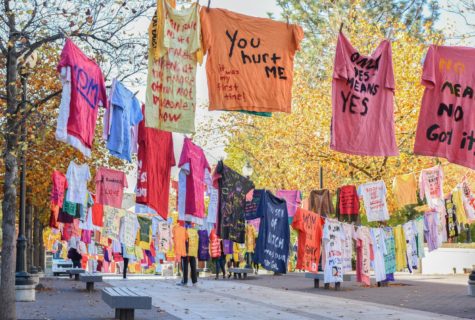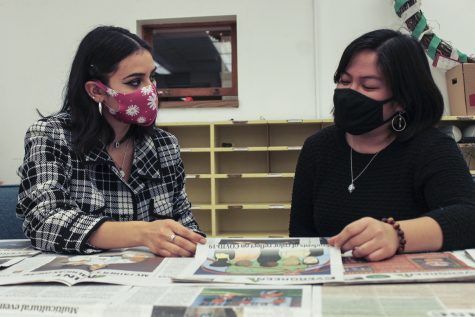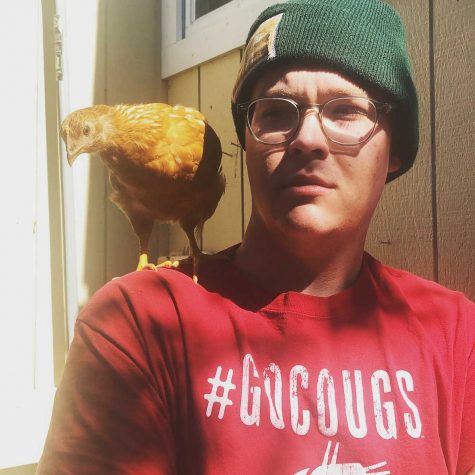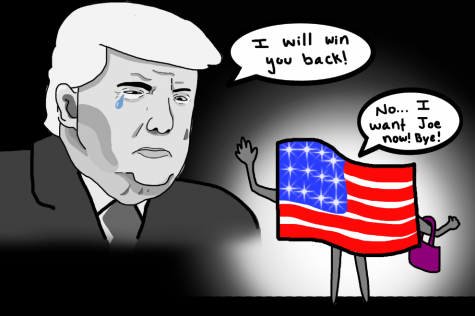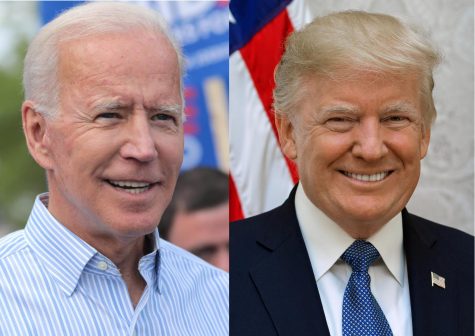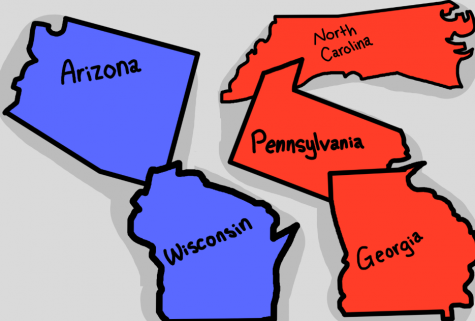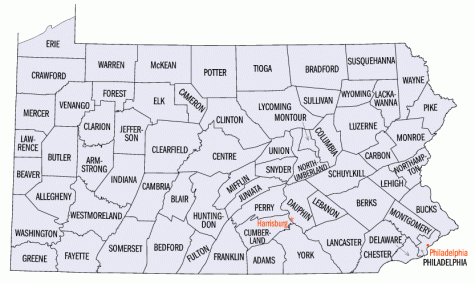‘We’ve made it through worse’
November 18, 2016
As journalists, there is nothing more important to us than free speech.
We hold the First Amendment up because it is the reason for our very existence. Under it, we have freedom of speech, press, religion, assembly and petition.
Countries like Burma and North Korea don’t have this right and countries like Cuba still abide under strict censorship laws. But Americans have had the right to say almost anything they please since 1791.
Unfortunately, some people don’t use that right in the best way possible.
There has been a lot of talk lately about uniting the country after the recent election. Many people have different feelings about President-Elect Donald Trump. However, he won in a fair election and there is little anyone can legally do to stop him from taking office on Jan. 20.
Despite this indisputable fact, there have been numerous protests and demonstrations on this campus and across the country. While we, as a newspaper, are not against peaceful protests, some of these protests have escalated.
Even Mike Leach, a proud supporter of Trump, has said that he fully supports students’ rights to peacefully protest. You don’t have to be like Donald Trump to be a Republican, and you don’t have to be like Hillary Clinton to be a Democrat.
On Nov. 9, Trump supporters and counter-protesters demonstrated on the Glenn Terrell Friendship Mall. Both sides carried signs with profanity, made obscene gestures and were verbally aggressive.
Social media posts, nationally and locally, haven’t been any kinder. According to multiple news reports, Twitter has banned the accounts of several alt-right leaders, and Facebook and Google have moved to ban fake news.
There are people on both sides of the political spectrum who probably disagreed with a couple of their preferred candidates’ policies.
There is no need to be so insensitive and aggressive about politics, particularly since the election is over and there is nothing we can do.
While this election has been toxic and characterized by mudslinging, it still isn’t the worst election in U.S. history, despite many who would say otherwise.
The 2000 election between Al Gore and George W. Bush ended in a similar upset, with Gore winning the popular vote and Bush winning the Electoral College.
In 1876, there was an even more controversial election that threatened to cause another civil war, where both parties were similarly accused of cheating: the election was between Rutherford B. Hayes and Samuel Tilden.
While Tilden had the popular vote and the most electoral votes, he didn’t have the majority needed, which at the time was 185 electoral votes.
When one of the swing states that was too close to call came out for Hayes, a commission of senators and Supreme Court justices gave him the election.
The whole country was in uproar. It ended with both parties meeting at Washington, D.C.’s, Wormley Hotel to negotiate what the Democrats would need in order to let Hayes be the victor.
The country survived. Americans moved on. We’ve made it through worse.
There is no need to write discriminatory slurs on someone’s car. There is no need to flip off and scream at protesters or passersby. There is no need to single anybody out for their political or religious beliefs or for their sexuality, gender or race.
Hateful speech and broad generalizations accomplish little and are divisive in the long run.
Free speech is a valuable, constitutionally guaranteed right that we need to use responsibly.
As Edward R. Murrow said, “No one can terrorize a whole nation, unless we are all his accomplices.”







